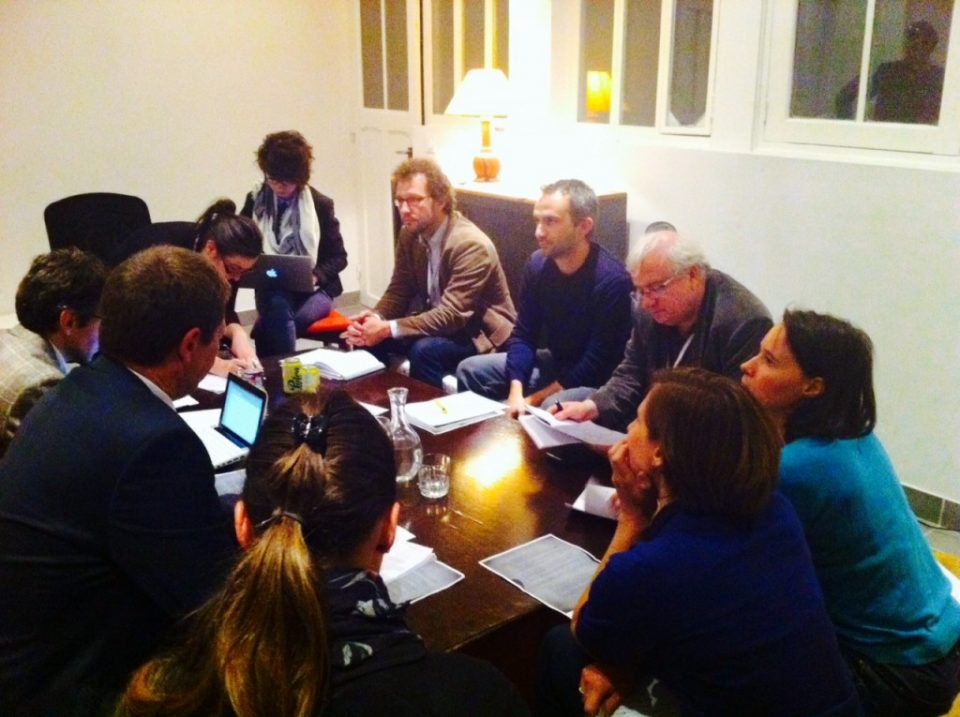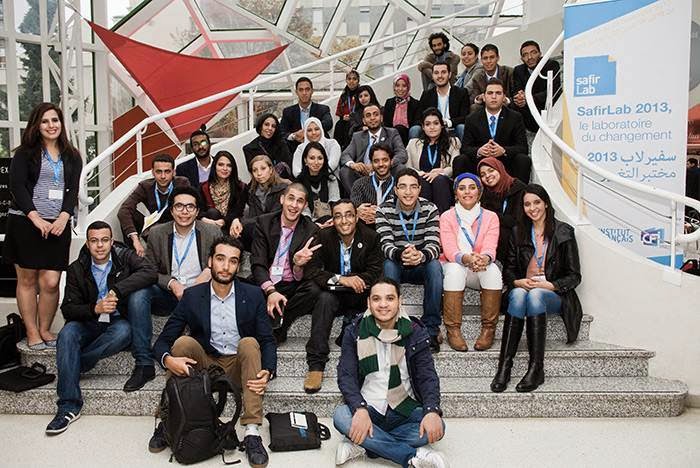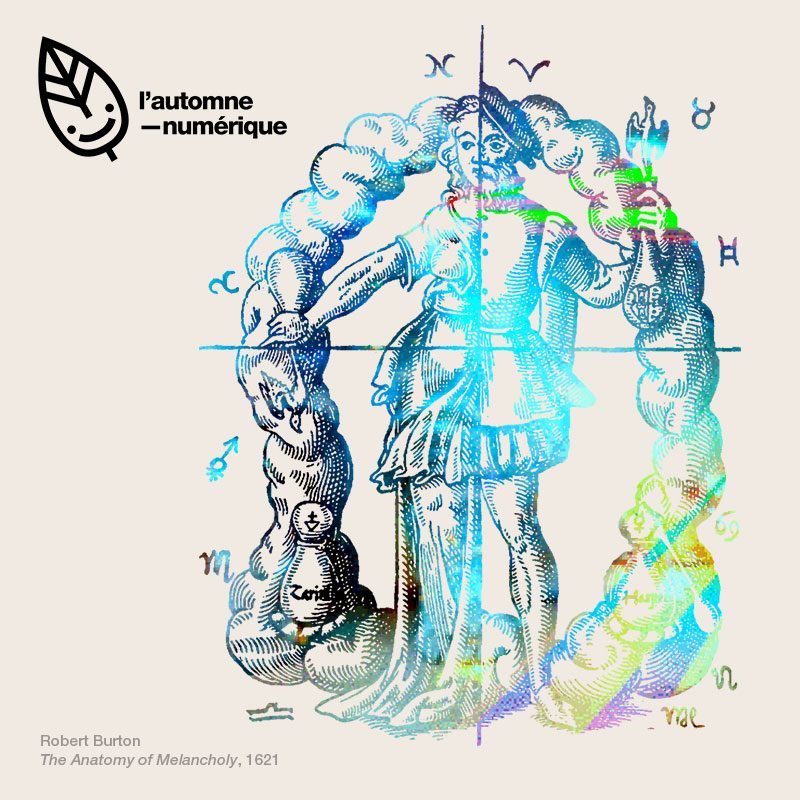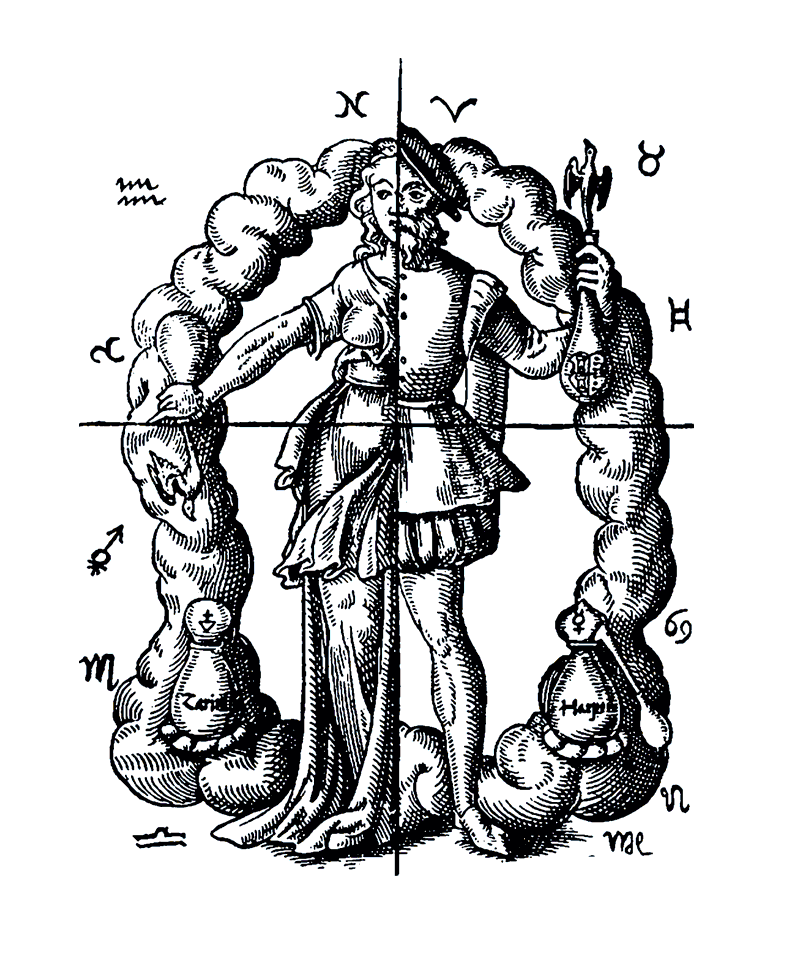SafirLab brings together young people with media and civil society initiatives from the Middle East and North Africa (MENA). For this second edition, I mentor the participants on technology for transparency and better governance.
Continue readingMonth: November 2013
#MyLife: Open Democracy named me ‘Columnist of the Week’
StandardRegular readers of this blog know I rarely speak about personal stuff. This time is one of these times though: Open Democracy’s Arab Awakening section named me ‘Columnist of the Week’! I’m very humbled and glad, and hope more attention will be drawn to the article that’s the reason of such a nomination: MENA Doctors in Trouble.
What the Health, MENA?
StandardLast year, I was closely following doctors’ strikes in Tunisia and Egypt. I wrote the major part of the piece below back in October-November 2012. For various reasons, the piece wasn’t published at that time. I am publishing it here now because the situation hasn’t changed since then: Tunisian doctors continue to stage strikes and Egyptian healthcare system hasn’t improved under now deposed president Morsi’s rule. And it’s about time something gets done to change the status quo.
In a considerable part of the MENA countries, a small part of national budgets are allocated to health [see infographic below]. Such chronic starvation naturally translates into poor status of the country’s healthcare infrastructure. Practitioners have regularly addressed funding deficiency and pandemic mismanagement in the last years, but no adequate response has been given. As is often the case in such stalemates, protests go on strikes to draw attention.
Autumn 2013 Collection: MENA Digital News
StandardI have been struggling to find a good format for this. Writing a monthly review can be challenging (length, my own time availability, etc.). But then, a three-month wrap-up is huge…
Thus, I decided to organise the whole as follows: one part covering general developments in the region, another part covering the Mashrek (North Africa, Egypt, Lybia) and the Levant (Palestine, Lebanon, Jordan, Syria, Iraq), and a third part covering the Gulf and the Arabian Peninsula (Qatar, KSA, UAE, Kuwait, Oman, Yemen, Bahrain). Enjoy the read, add comments if any (always welcome!) and see you again for the Spring Edition.
Continue reading#HackDataCulture, Automne Numérique and the Public Domain
StandardI participated in a series of events organised by the French Ministry of Culture and Communication (Ministère de la Culture et de la Communication, MCC). In the Ministry’s framework for cultural and art education, three events were organised:
- 23 Nov 2013: a day dedicated to public domain works mashup at ENSCI Les Ateliers, an art-design school in the heart of Paris. I was a mentor this day;
- 25-27 Nov 2013: a 52-hour long hackathon, the first-ever such event organised by the Ministry and revolving around cultural Open Data (more than 150 datasets released by the MCC); I was invited by the Ministry to be a member of the jury;

- 7 Nov 2013: the closing day of the Automne Numérique culminated unveiling the hackathon winners and an announcement of new initiatives the MCC has engaged into in favour of Open Culture.
Learn more about the events on the Ministry’s C/Blog (in French).
Egypt: Draft Law on Internet Terrorism
StandardEgyptian newspaper Al-Masry Al-Youm (AMAY) has published a transcript of the draft law on combattling terrorism on the internet in Egypt. From what I’ve been told, anti-terror law has been on the table for many years and the battle against it was that it will inscribe the emergency laws in the criminal code. It seems here that the internet is given a significant attention, at least at the first reading. Whatever the provisions, the draft law aims at legalizing pervasive surveillance and and will be a very convenient tool for jailing bloggers and all kinds of people estimated as junta-noncompliant.
Here are the most notable excerpts after a quick read-through. My comments are in blue.
The draft law contains four chapters: Chapter One is on the general provisions; Chapter Two is on punishment; Chapter Three is on procedural provisions; and Chapter Four deals with international judicial cooperation.







